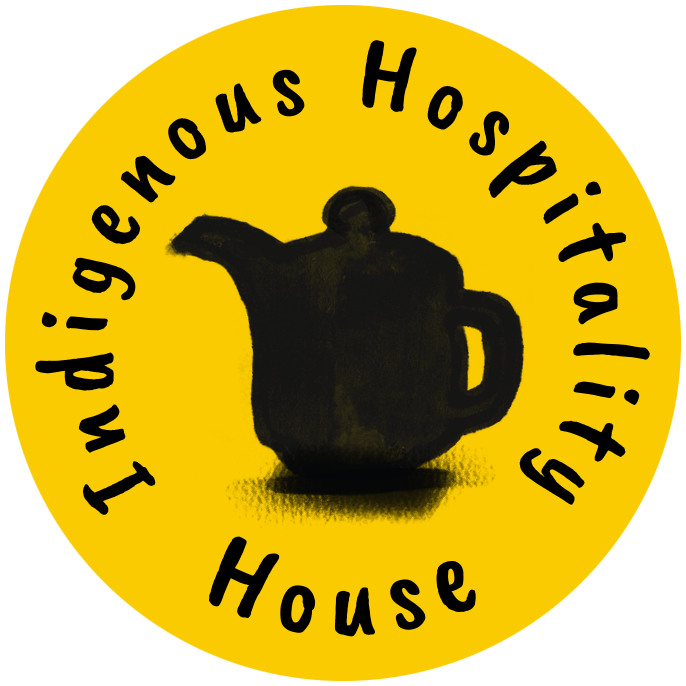In July 2015, despite efforts made to recruit new people, the IHH dropped to only four residents. We decided therefore not to host hospital guests in Term Three. Instead we used the time to review our community engagement strategies, and put some energy into hosting events and making connections with local mobs and people that would extend our networks and strengthen support for the project and the residents.
It has a been a rich and nourishing time!
We hosted visitors from several churches and organisations including Whitley College, L’Arche, Urban Seed and the Railway House Reconciliation and Respect group; caught up with IHH alumni; ran a series of conversations on Everyday Spirituality and a Bible study on Lamentations; and held a Cancer Council Pancake Brunch.
We worked on a community engagement plan with Dusk Liney from Inspirit Creative, and got some conflict resolution training from Shawn Whelan.
We represented the IHH at several conferences and gatherings including the TEAR Gathering, the ‘Teach Anything Good’ day at the new Kathleen Syme library in Carlton, and a ‘Forming Disciples in Mission’ colloquium at the Melbourne Korean church.
We walked a prayer labyrinth, sang songs and told stories at the Church of All Nations to celebrate and strengthen our partnership of nearly 15 years!
We attended various cultural activities such as the Ngarrindjeri postcolonial conversation with Ken Sumner (the chair of Congress in Victoria), a Coranderrk mission visit during Wurundjeri week, a workshop on Aboriginal languages run by Mandy Nicholson from VACL, and Yarnin’ films at the Footscray Arts Centre.
This time has been an investment in the second part of IHH’s purpose: to be a place where we can help people explore what it means for their identity and faith in practice to be non-Indigenous people living on Aboriginal land. This is the gift of being involved at the IHH for residents, but also for visiting volunteers, those on our Business Committee and others who have the opportunity to share the stories and join in the learning journey we are all on.
In 2016, we have new residents coming on board, but we will also be opening up more ways for people to be part of our learning community without having to move in.
Stay tuned!









